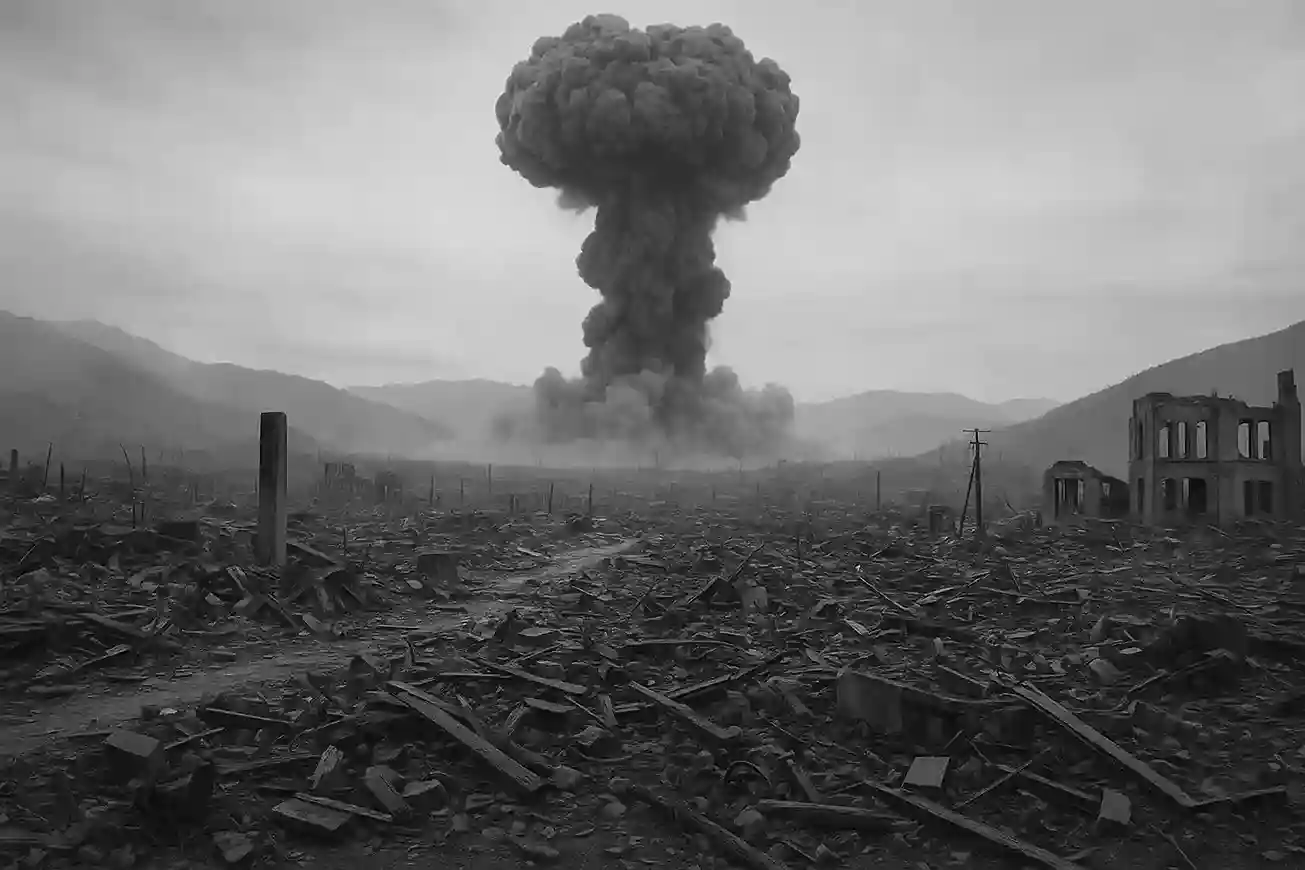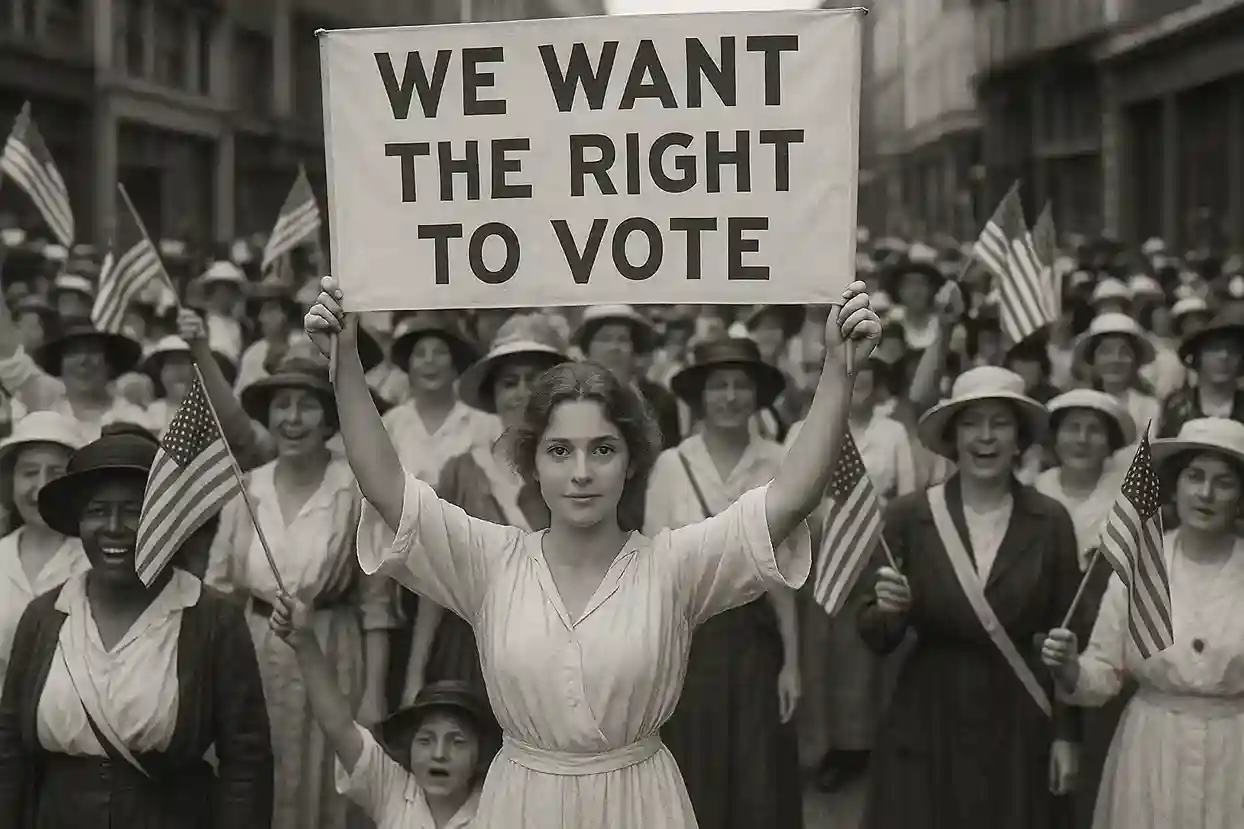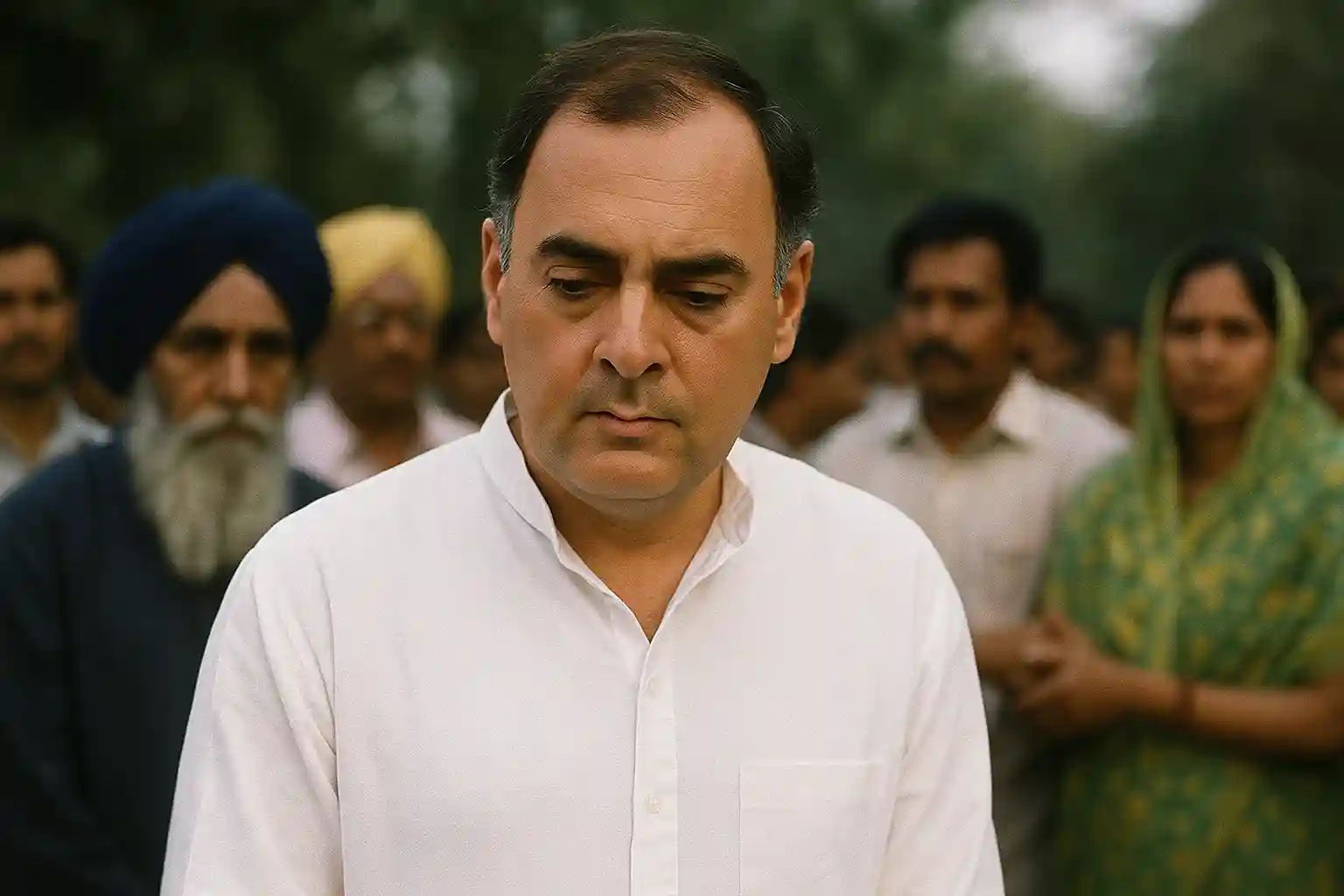On This Day, August 9: Commemorating Nagasaki Day, a Final Chapter of WWII

NEW DELHI, India – August 9 is a day of deep global significance, marking a pivotal moment at the end of World War II. It is Nagasaki Day, observed as a solemn commemoration of the second and last use of an atomic bomb in warfare. This day serves as a powerful reminder of the destructive power of nuclear weapons and underscores the urgent need for international peace and security.
Here’s a look at the historical event we remember on this day:
The End of a World War
Just three days after the bombing of Hiroshima, on August 9, 1945, a second atomic bomb, nicknamed "Fat Man," was dropped on the Japanese city of Nagasaki. The attack led to a massive loss of life and unimaginable devastation. The bombing, along with the Soviet Union's declaration of war on Japan, prompted Emperor Hirohito to announce Japan's unconditional surrender six days later, officially bringing World War II to an end. Nagasaki Day is a time for the global community to reflect on the immense human cost of war and to advocate for a world free of nuclear weapons. It stands as a powerful testament to the global peace movement and the enduring hope that such a tragedy will never be repeated.


